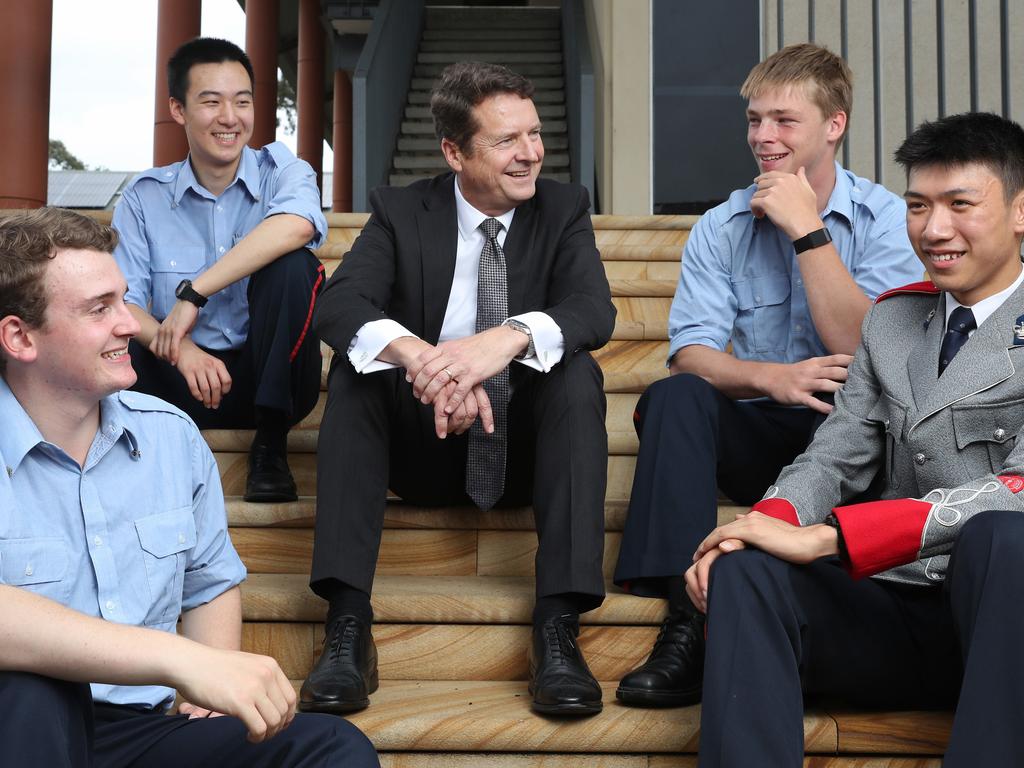Jason Clare has got it right on phonics and teacher training – now let’s fix the curriculum


They deserve top marks for mandating the teaching of phonics to help all children learn to read and write.
Led by federal Education Minister Jason Clare, they’ve strongarmed ivory-tower universities to train teachers in old-school instruction and classroom management.
Student wellbeing, and extra funding funnelled to help the most disadvantaged students, will be at the heart of the next National School Reform Agreement.
The missing link is to fix the national curriculum, which fails to clearly spell out what must be taught in each subject and year level. Australia’s curriculum is vague and shallow, when compared to the detailed and clearly written curriculum documents used by teachers in the US, Canada, Britain, Hong Kong and Japan.

Australian teachers choose their own adventure, so children in different schools are rarely taught the same material.
The national curriculum – supplemented by syllabus documents issued by each state and territory – forces every school and teacher to interpret what it is they need to teach.
Savvy teachers have cashed in on the confusion by selling their lesson plans, which need to be written from scratch.
The national curriculum can’t be printed for easy reference; it lives on a “three-dimensional’’ website that forces teachers to click through “learning areas, general capabilities and cross-curriculum priorities’’ to find information for each subject and grade.
The public servants employed to write the curriculum should “product test’’ by preparing a lesson plan, and watch it being taught in a classroom, before inflicting it upon schools.
The curriculum must be written so clearly and succinctly that parents with English as a second language can comprehend what their children are supposed to be learning in class.
Far too many children are struggling, or voting with their feet and dropping out of school.
Educators espouse the importance of “21st century critical thinking skills’’ but kids can’t use knowledge they haven’t been taught.







It’s time Australia’s education ministers tackled the convoluted school curriculum.